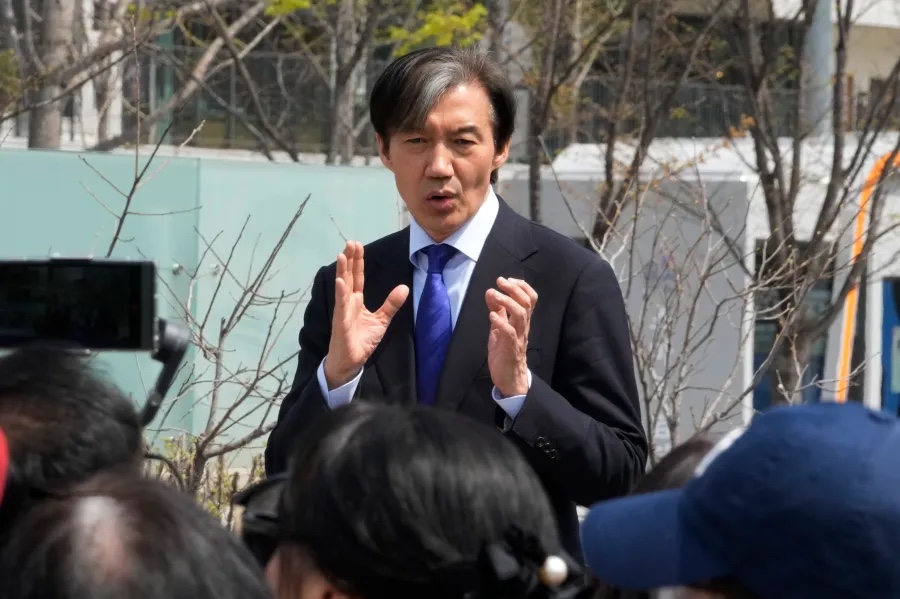Green onion controversy grips South Korean election

In the lead-up to South Korea’s pivotal parliamentary election on Wednesday, typically weighty issues such as foreign policy, the economy, and security concerns with North Korea might have been anticipated as the primary focus.
However, the humble green onion has unexpectedly taken center stage, dominating discussions among both voters and election officials. This fervor stems from the controversial decision to ban green onions from polling stations amid fears of potential electoral interference.
The catalyst for this unexpected turn of events traces back to March 18, when President Yoon Suk Yeol, whose party seeks to regain control of the 300-seat parliament, visited a grocery store in Seoul. Ostensibly there to assess consumer prices, a remark made by the president regarding the affordability of green onions ignited a firestorm of online criticism and transformed the vegetable into a symbol of opposition resistance.
President Yoon’s seemingly innocuous comment, praising the price of green onions, was perceived as out of touch, as local media revealed the store had deliberately discounted the vegetable prior to his visit. This misstep quickly became ammunition for political opponents, who seized upon the opportunity to portray Yoon as disconnected from the realities faced by ordinary citizens.
The public backlash intensified as voters began expressing their dissent creatively, posting photos of themselves with green onions at polling stations during early voting. However, in response to mounting concerns over potential election tampering, the National Election Commission (NEC) took decisive action, prohibiting green onions from polling station premises.
The NEC defended its decision, citing the potential for green onions to be used as a medium of expression that could unduly influence the electoral process. Yet, this move has been met with derision online, with social media platforms flooded with satirical memes and calls for defiance against the ban.
Despite the ban on green onions themselves, a burgeoning market for green onion-themed paraphernalia has emerged, offering voters an alternative means of symbolic protest. While the NEC’s decision underscores its discretionary authority in overseeing elections, critics argue that it appears overly reactionary and risks alienating voters. In the midst of this peculiar saga, South Korea prepares to navigate the intersection of produce and politics as it approaches a critical juncture in its democratic process.












